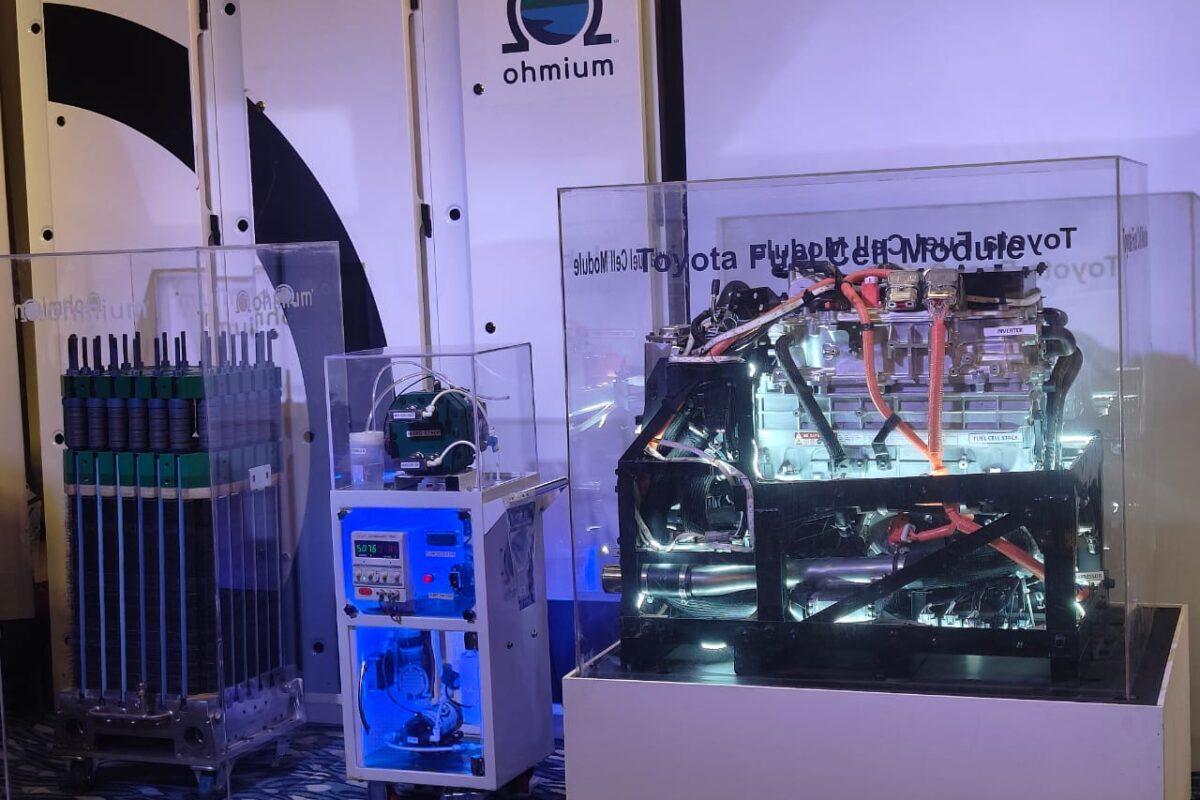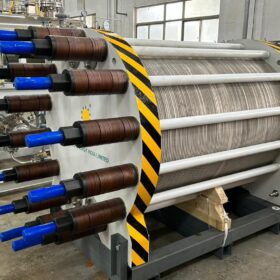pv magazine: Can you explain and differentiate the various tariffs being discussed in the Indian solar industry: Safeguard Duty, Import Duty, and Anti-dumping duty? And also the impact of GST on all of this?
Gyanesh Chaudhary: Anti-Dumping Duty is a duty that is imposed on a product originating from a specific country. It is imposed only if the goods are being exported by a country at dumped prices, and if the dumped imports cause, or threaten to cause, material injury or material retardation of the establishment of a domestic industry.
Safeguard Duty is a product-specific duty, and it is imposed if the goods have entered in increased quantities in the domestic market, and if those goods can cause or threaten to cause serious injury to the local producers of similar or directly competitive products. Safeguard Duty in indifferent to the country on the origin, and it is levied on the product.
Import Duty is also known as Basic Customs Duty (BCD), and it is levied on any goods that are imported into the country unless the Union Government notifies explicitly that a good is to be exempted from BCD. This duty can vary between 5% to 40% depending upon the goods.
The Goods and Services Tax (GST) is levied in addition to the duties levied on import.
What are the value of the duties to be expected for each tariff type?
Until now solar panels were exempted from import duty. However, recently there have been issues in a few ports where solar panels are being charged 7.5% tax due to a change in their customs classification.
Regarding Anti-Dumping Duty and Safeguard Duty, the magnitude of the ADD and Safeguard Duty is not yet clear because the investigation is still pending.
How will the numbers, for example (7.5% import duty, 30% ADD, etc.) impact the solar market, particularly for domestic manufacturers and solar developers?
Solar modules contributes to 60% of the cost of solar power projects, so if a 7.5% import duty is levied on solar modules it can lead to an increase in the cost of solar projects by 4.5%. Similarly, the impact of ADD and safeguard duty can be calculated once we know the rate of duty levied.
According to the Directorate General of Safeguards, Customs and Central Excise document dated January 05, 2018, India has proposed to levy a 70% safeguard duty for 200 days against China PR and Malaysia.
Why all these duties are necessary? Could there not be only one duty for imported materials?
Every Duty is levied for a different purpose. Import duty is collected by the government under Custom Laws, and there is no need for complaint and investigation to levy import duty. Whereas ADD or Safeguard duty can only be imposed once it is proved that imports from a specific country or specific product are causing injury to the domestic manufacturers.
Will the Make in India initiative survive against the backdrop of these duties?
Although these duties are meant to protect domestic manufacturers from injury caused by imports, in India’s case, it can yield counterproductive results as most our manufacturers are dependent on a lot of imported inputs in the value chain. Hence, carefully designed duties are required that can protect the domestic industry and encourage installations too. More than 50% of the solar cell & module manufacturers are situated in SEZ, which attracts import, safeguard, and anti-dumping duty too.
To support growth of domestic industry, the following are required:
- Domestic manufacturers must not be required to pay the duties if the processing of raw materials takes place in SEZ;
- Differential anti-dumping duty should be applied. Higher Anti-dumping duty on solar modules and lower on solar cells since the production capacity of solar cells is not enough;
- SEZ should be exempt from paying any additional safeguard duties since the production takes place in India.
Duties such as ADD, Safeguard, and Import duty are meant to protect the domestic industry. A duty which will apply to both imports and majority of cell and module producers in SEZ will not be beneficial to the sector since it will only lead to increases in project cost without protecting the domestic manufacturing industry.
This content is protected by copyright and may not be reused. If you want to cooperate with us and would like to reuse some of our content, please contact: editors@pv-magazine.com.








By submitting this form you agree to pv magazine using your data for the purposes of publishing your comment.
Your personal data will only be disclosed or otherwise transmitted to third parties for the purposes of spam filtering or if this is necessary for technical maintenance of the website. Any other transfer to third parties will not take place unless this is justified on the basis of applicable data protection regulations or if pv magazine is legally obliged to do so.
You may revoke this consent at any time with effect for the future, in which case your personal data will be deleted immediately. Otherwise, your data will be deleted if pv magazine has processed your request or the purpose of data storage is fulfilled.
Further information on data privacy can be found in our Data Protection Policy.